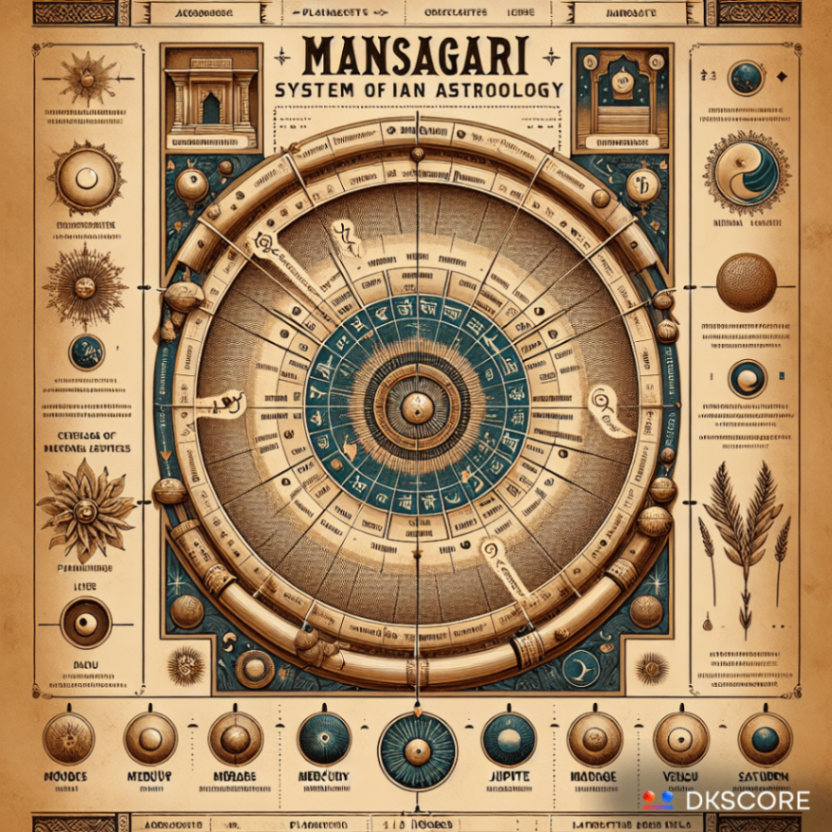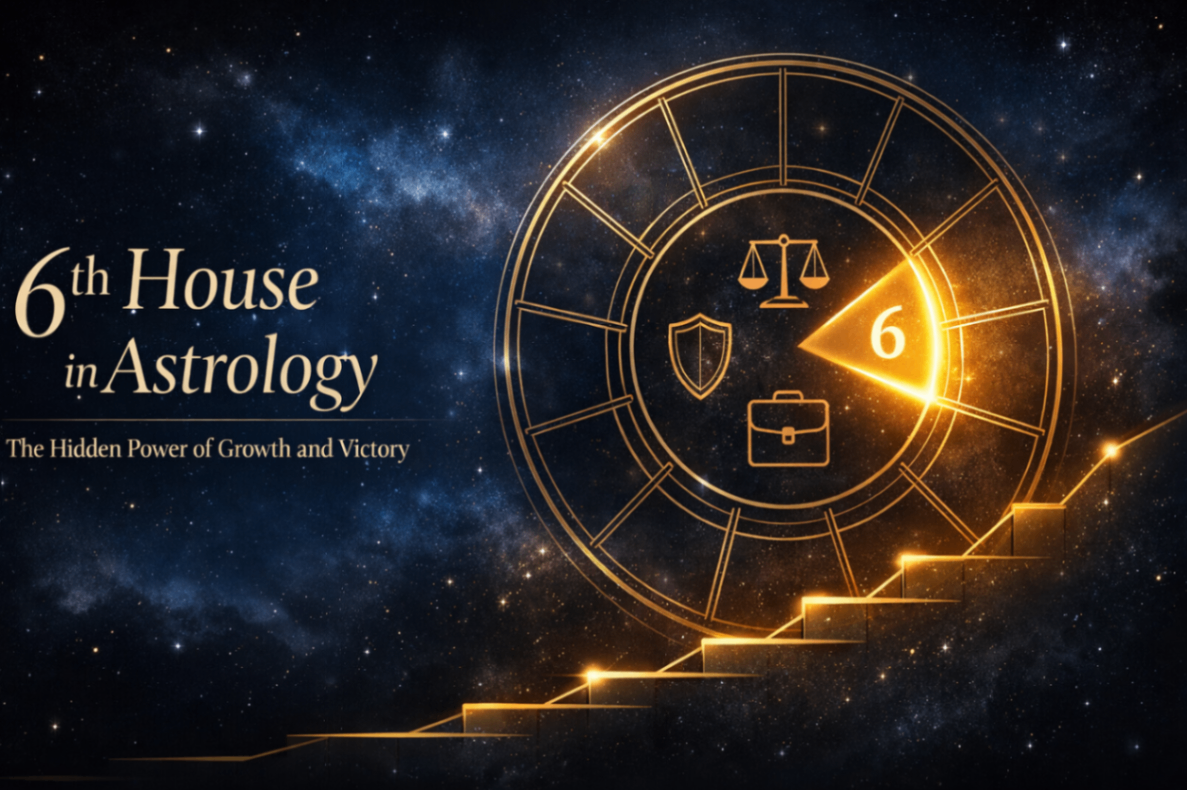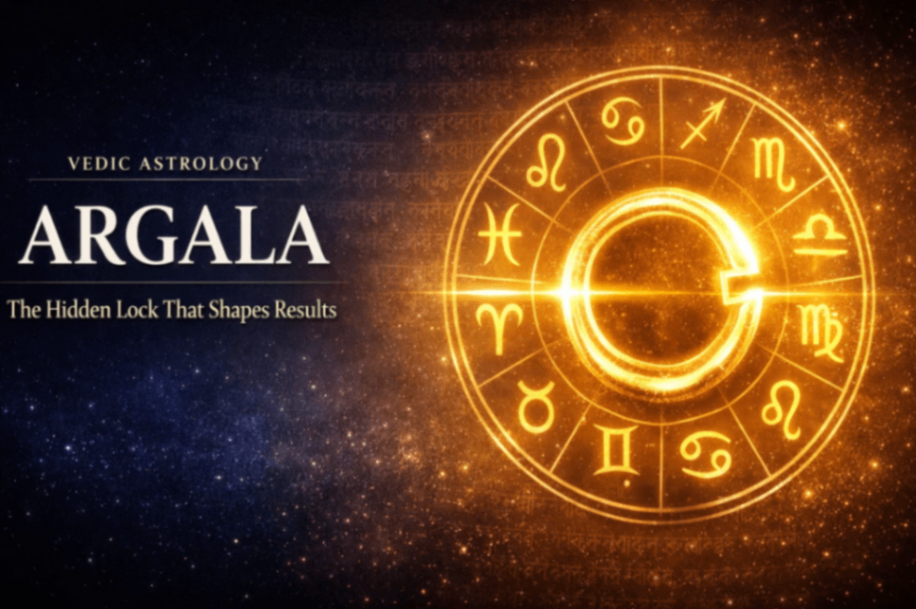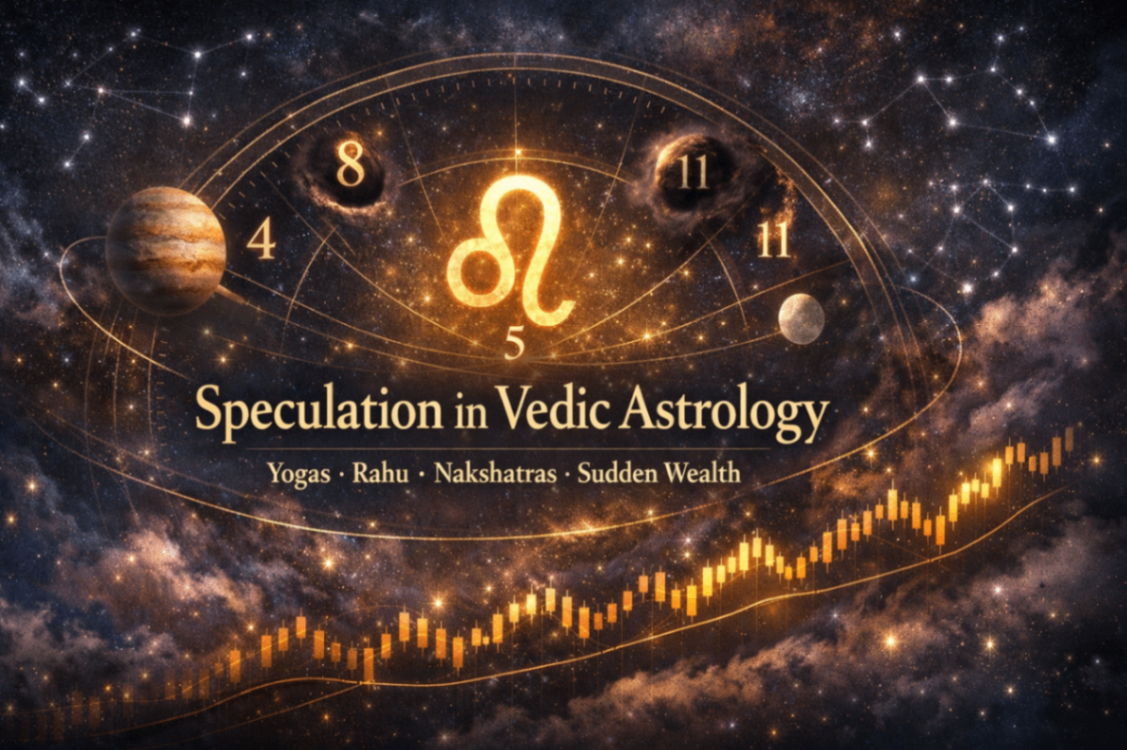Once upon a time, there lived a king named Chitraketu who was very kind, benevolent and magnanimous in his outlook. As a result, his kingdom and those residing in it were leading a contented life. He had four doting wives who he was very loving and faithful towards. Wealth, prosperity, stability and inclusive growth were the hallmarks of his kingdom and every single desire had or would eventually get fulfilled — except one.
Chitraketu lacked a male progeny, something that eventually started to bother him, before reaching a point where it became a pressing concern for him. Consequently, he tended to lose focus on the things he did manage to achieve in this lifetime and ‘count his blessings.’
One day the king became unusually happy and began to lament profusely. The glorious sage Angira Muni happened to pass by and decided to pay Chitraketu a visit. Witnessing the king’s profound first-hand, the sage inquired about the cause of his endless sorrow.
The king conceded: “I am not a happy person, I lack a son. Would you be kind enough to bless me to have a son?” Typical of a sage of his stature, Angira Muni responded with grace and wisdom. “O, King. You yourself confess to claim everything desirable. If that indeed is the case, why this obsession with son? Why don’t you take care of the things God has bestowed upon you and become a good steward of your possessions?”
The king refused to relent and kept requesting the sage to bless him with a son. Despite many and repeated attempts on part of the sage to convince him not to insist, Chitraketu literally fell on his feet and refused to get up. Left with no choice but to acquiesce, Angira agreed. However, he had a word of caution for the king:
“I will bless you with a son, but he would be the cause of both great jubilation and great lamentation at the same time. But the more important question is this: will you be able to handle this reality?”
“Yes, a son will bring me great jubilation. His mischievous deeds could cause some lamentation from time to time, but I can live with that and it is much better to have such a son than to have none at all.” Smiling at the display of Fate in full glory, Angira performed a sacrifice, and distributed prasadam to the King, instructing him to share the same with one of his queens.
Over time, she became pregnant and gave birth to a beautiful and healthy looking son. Naturally, Chitraketu’s joy knew no bounds. He literally became obsessed to his son and everything he did was centered and prioritized around him.
Now as the king started more time with the son, he also started to neglect his other queens who could not give him that source of pleasure. As a result, they became jealous of the queen who bore king Chitraketu’s son.
Out of sheer envy, they connived with each other to poison the child when it was eight years old. And, one fateful day, they did just that, thus, claiming the life of an innocent eight-year-old child.
When the king (and the queen) found the child to be dead, they were crestfallen and overwhelmed with unimaginable grief. The king lost his composure and was confined to his deathbed due to the intensity of this grief.
At that time Angira Muni and Narada Muni happened to pass through the kingdom. They paid a visit to the King and were confronted by his lamentation. When the king saw them, he began imploring to them:
“O venerable sages. How could such a profound tragedy strike me so hard? What wrong did my son commit that he deserved such a tragic fate? Why did you not tell me that my son would have such a short life-span?” Beholding his great grief, Angira Muni gently reminded him:
“Dear king. I can understand the reason for your inconsolable grief and despondency. But did I not caution you that your son will be a source of great jubilation and great lamentation at the same time? He gave you immense joy for eight years, and now gave you lamentation through his demise.”
The king’s lamentation only increased. He begged both sages to perform a special yogic procedure to recall his departed son’s soul to his body. When the sages refused, the king said he wanted to see his son just one more time.
“Please allow me to see my son just once; else I shall depart my body anytime. I can live no longer.”
Due to his perfection in mystic power, Narada Muni managed to recall the dead son’s departed soul and requested him to recognize his grieving father, so that he could feel better, at least for some time.
When they had done that, the soul re-entered his dead body and spoke in reply to Narada Muni’s request. The living entity said:
“I am nobody’s son — I am related to nobody for that matter. I was born in this family as a consequence of certain karmic events — to repay a debt. I transmigrate from one body to another, depending on the deeds done in my previous lifetimes- sometimes becoming species of lower animals How can I accept him as my father?”
Narada Muni then asked:
“If that is so, then what happened in the immediately previous life that you had to take birth as Chitraketu’s son? And what caused you to die so soon?”
The soul replied:
“It is the only interplay of fate and karma. In my previous life, I was born as a deer and was residing in a jungle along with my mother.
Once Chitraketu was in a mood to hunt and decided to enter that jungle. I had momentarily gone away from my mother in search of food when the king struck me with an arrow and left me dead. Behold the travesty of fate. Here I was in search of food, and I ended up becoming the food of a king!
When my mother did not see me return to her, she became very worried and after finding out about what actually happened, died out of sheer grief and sadness. It is therefore inevitable that I had to be reborn as Chitraketu’s son so that he would experience the same kind of grief that plagued my mother back then.”
Somewhat disconcerted by his reply, Narada Muni asked:
“I understood that you had to take rebirth and then die so young because it is the same king who claimed your life in your previous life so that he could feel the same grief as your mother. But then why did the three queens conspire against your mother and killed you? What harm was caused to them?”
The entity replied:
“These three queens were born as ants in their previous lives and were inadvertently trampled upon by my mother who was on the lookout for food. When my mother realized what she had done, she regretted but then decided to eat them anyways out of hunger because they were dead by now.
In order to repay this debt and give your mother the taste of her own medicine, they were reborn as queens of Chitraketu, whereas your mother in your previous lifetime (as a deer) was born as the one queen who bore you in this lifetime.
They had to conspire with each other to kill you because they had been killed for no fault of theirs in their previous lifetime. It’s really as simple as that.”
Narada thus exhorted the couple to remove their illusion because it is evident that once death occurs, the sense of deceptive attachment ceases to exist. Each species loses its identity and resumes its life as a bird, animal, plant or human based on one’s own actions unfolding within the destiny of an ensuing life.
Finally, Chitraketu was able to overcome his sadness because he recognized that things had to happen this way due to the karmic consequences of deeds performed in previous lifetimes. He was blessed with spiritual knowledge by Narada Muni and came to be known as the most venerable Vidyadhara after performing several penances.
Two takeaways from this story:
1) We cannot manipulate God into doing what we want — be it wealth, better opportunities, good relationships, etc. We shall receive what we are destined to receive based on the deeds performed in our previous lifetimes.
Sometimes, out of anxiety, we request astrologers to recommend all kinds of remedies so that we can twist the arm of fate — but that can never happen. Even if we do manage to do some special remedies and get what we ARE NOT destined to, the end result will not be good — just like what happened with Chitraketu.
He was not supposed to have a male child, but due to his obsession, he convinced Sage Angira to bless him with one. And we can clearly see the end result of his insistence. Thus, it is ALWAYS
BETTER to allow karma to unfold itself and align our actions/thoughts/deeds with it so that the root cause of the problem is taken care of completely.
Nothing good can come out of eating non-vegetarian food. Just like Chitraketu, who had eaten the female deer (mother of his present life’s son in a previous life) and paid the consequences — or the female deer who had consumed the three ants as her meal — the ramifications of their actions was nothing sort of tragic.
Let us remember that when an animal is killed, there is a combination of physical pain, severe mental anguish and eventually, death. When a life is taken in such a brutal manner, one can imagine the state of mind of that particular entity. Would it be embodied with calmness or happiness?
Will, anybody who eats the meat of such a physically/mentally bruised animal ever has its or any blessing or positive thought? Forget everything else, would such a person get the Lord’s blessing who watches everything minutely. What we do to others will surely be done to us by them or another in another lifetime. Let’s not forget that.






































